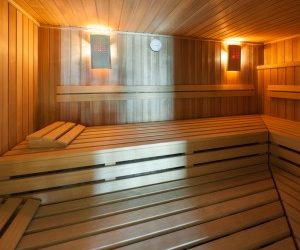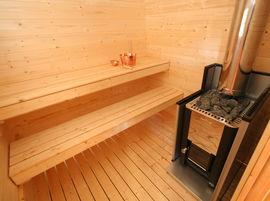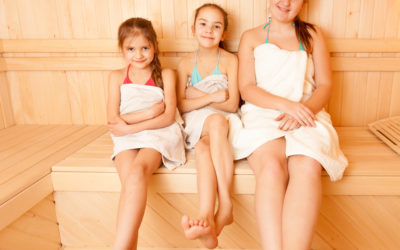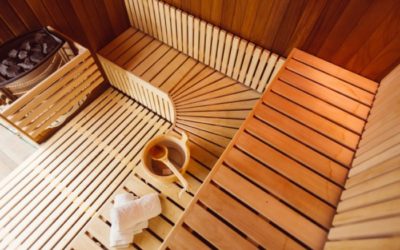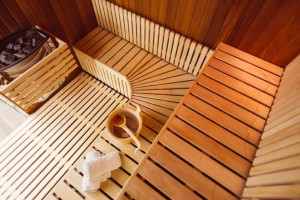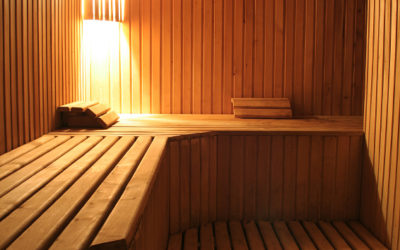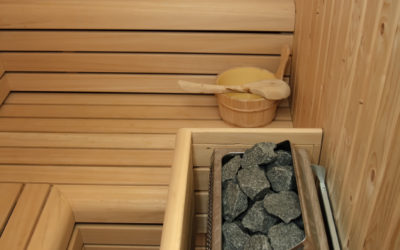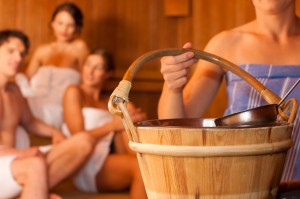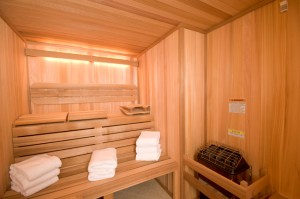Over the years we have found many mistakes made by amateurs during the sauna construction process. We want to save you some hassle by providing these quick tips for maximum safety and comfort. So here are the top sauna construction details which are often overlooked....
Sauna
The Best Sauna Heater Based on How You Use Your Sauna
Before determining what type of heater is required you first need to determine how often you will be using it, where it will be located and how many people you need to accommodate. You have several options, and one type may be better than the other for your family’s...
Can My Kids Use the Sauna? Are Kids Safe in a Sauna?
The short answer is yes. So if that’s what you were looking for and you don’t want to read any further, there you go. Oh, unless they’re under a certain age. The short answer leaves out some important angles to think about. Most kids can use the sauna, but can yours?...
Sauna Design Factors That Affect Performance and Enjoyment
When planning your sauna, there are many often overlooked factors that could contribute to how well your sauna performs and how much enjoyment you get from it. Let’s review some to ensure you get your sauna design right. Bring us your sauna design. We’ll turn your...
4 Steps to Buying Your New Sauna
Follow these 4 Steps and Get the Best Sauna in Your Budget Range 1. KNOW THE PRODUCT The first step to becoming a confident sauna buyer is to get to know the different products available on the market today. There are two main types of saunas: The traditional...
Infrared vs Traditional Saunas
What is the difference between an infrared and a traditional sauna? That is one of the most common questions we hear at Nordic Energy from customers who are in the market for a new sauna. Both saunas have equally beneficial characteristics – it really all depends on...
Top 10 Rules for the Sauna
Whether you’re a novice sauna user or you’re simply looking to maximize the many benefits that come along with sauna use, you should follow these top 10 rules. Is the Sauna For Everyone? First off, the sauna is very beneficial, but it’s not for everyone. People who...
6 Reasons Infrared Saunas are the Next Big Thing
Indulge a little. Relax and rejuvenate yourself in your infrared sauna. Yes, infrared! Hot yoga studios use infrared heat for the same reason you should use it at home. The heat penetrates more deeply and lends a hand to your body in a handful of very positive ways....
How to Take Care of Your Sauna
We keep preaching it, but it’s true. There are endless benefits to having a sauna available in your home. A sauna can help relieve stress, soothe sore muscles, induce better sleep and even help to burn calories. Not to mention that unlike a hot tub or a pool, saunas...
How to Build Your Own Sauna
Building your own sauna requires some special materials, but most handy homeowners have the skills to turn those materials into a perfect private retreat. If you’re a do it yourselfer, we can provide you with a complete set of supplies to get your project started,...

